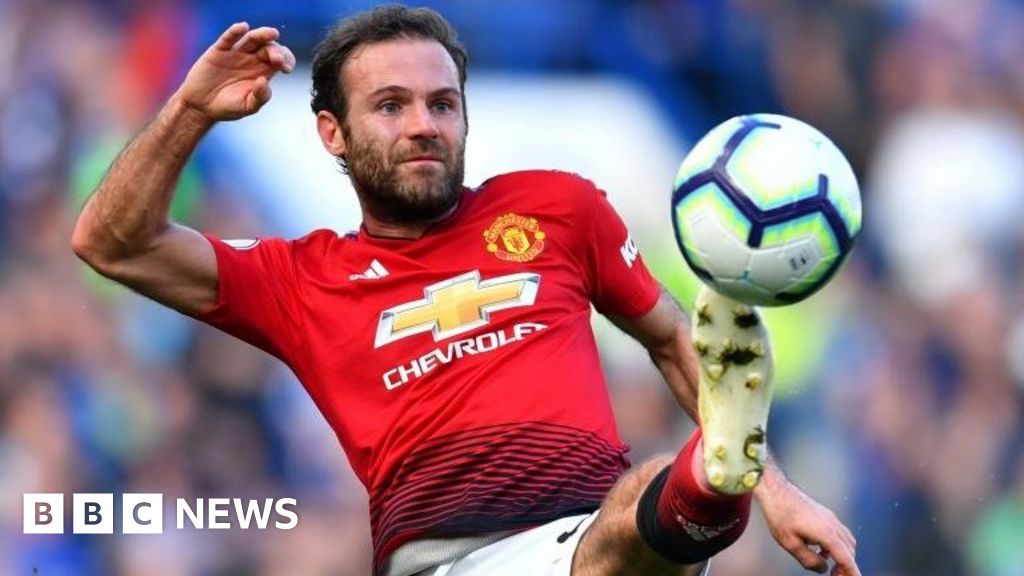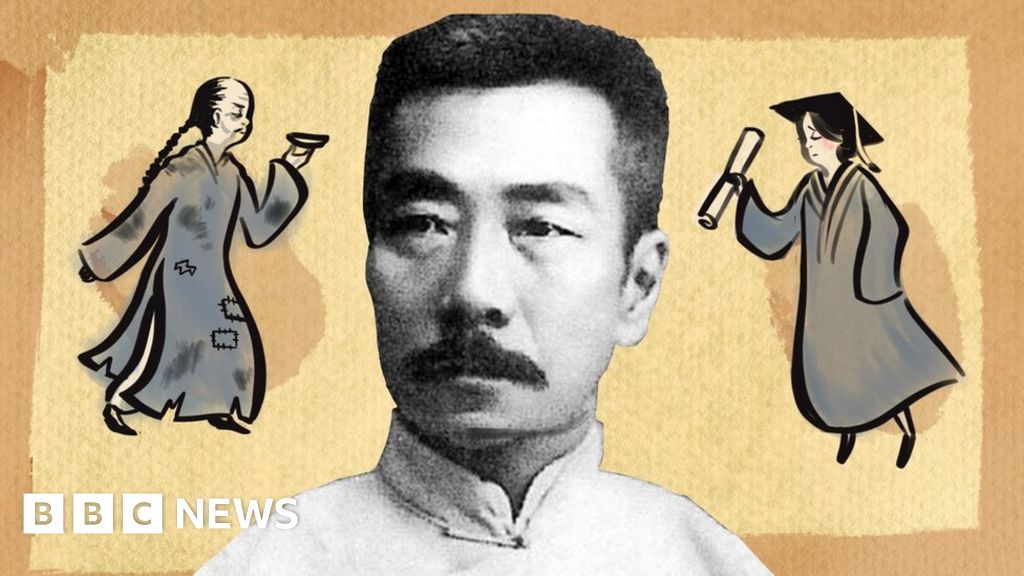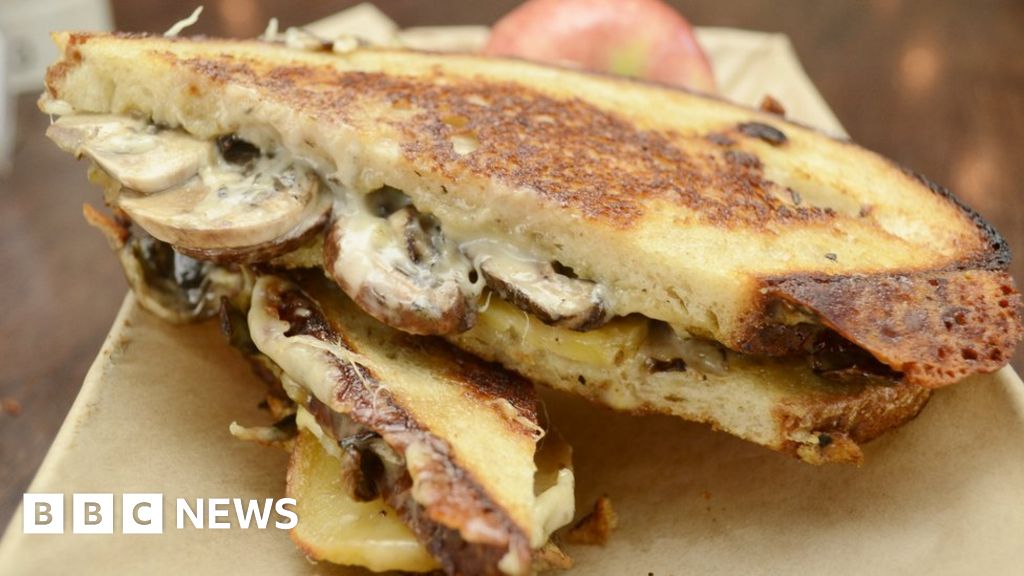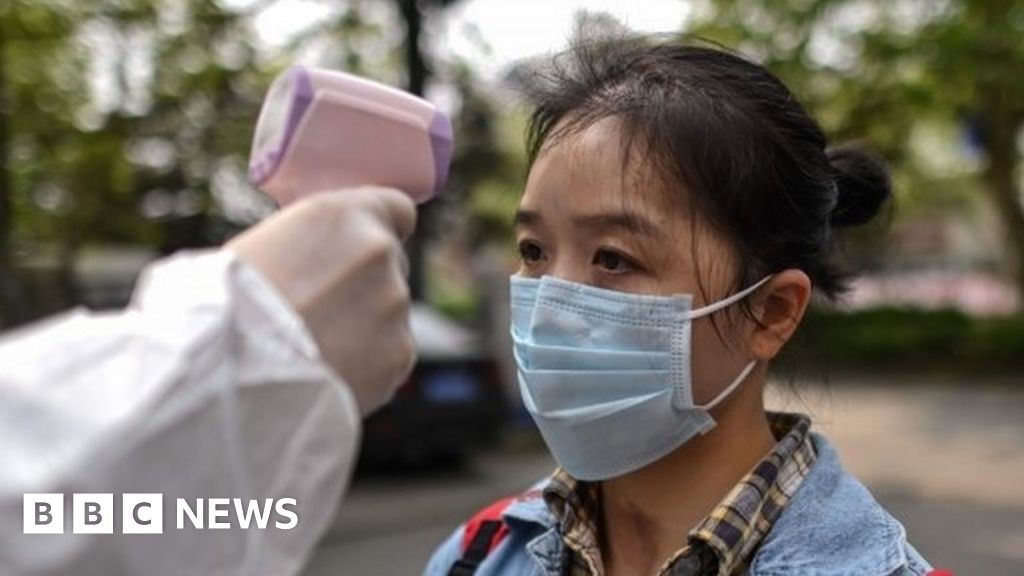Juventus: How and why the Italian giants are in another scandal threatening their future
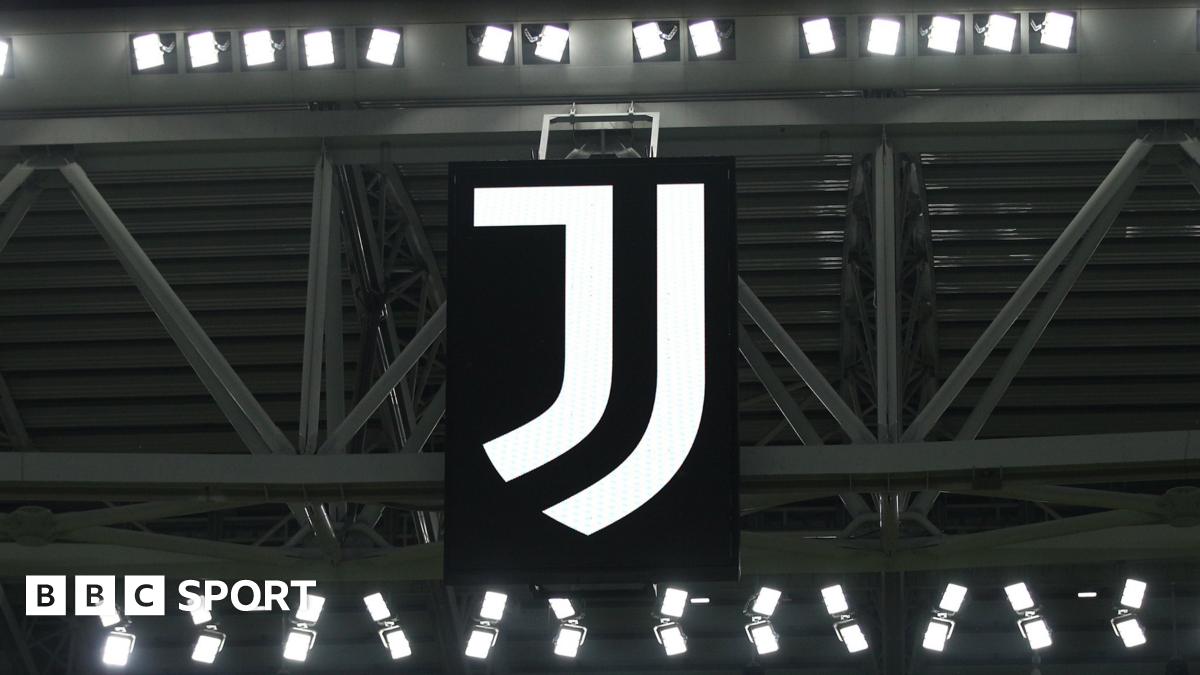
[ad_1]
Ronaldo represented elevation, the next step in a master plan that would catapult Juventus’ brand and allow them to compete with the biggest and the best continuously. Was it a successful operation? The debate rages.
Ronaldo’s arrival may not have borne fruit on a sporting level but commercially he was the goose that laid the golden egg.
Before the Portuguese superstar arrived, the Bianconeri had as few as 10m followers on Instagram (only 3m in 2015). Now they boast 56m – more than Manchester City, Liverpool and Bayern Munich, among others. That secured better sponsorship deals, a more valuable jersey and many converted fans who stayed even when Ronaldo then left for Manchester.
According to Deloitte, Juventus earned €194m in commercial revenue last year, representing 48% of their total revenue.
Of course, increasing visibility and growing a brand is an exercise in futility if the club no longer wins on the pitch and the pandemic wiped out the other revenue streams. Closed and empty stadiums in a country that had one of the toughest lockdowns and decreased broadcasting revenues proved difficult to overcome. The commercial revenue was, and remains, a great help to their finances.
The pandemic ruined Serie A but that’s not to say that Juventus did not also make mistakes, none come bigger than letting go of director Beppe Marotta, the man who helped build Agnelli’s Juve.
It’s widely believed that Agnelli felt the club needed a shake up, to evolve and ‘think big’ after losing to Real Madrid in the 2017 Champions League final. Marotta was deemed to be too cautious. He was soon let go and Fabio Paratici was promoted.
Paratici may have been a wizard when it came to unearthing great talents but less accomplished when it came to dealing with finances and negotiating. Juventus began spending too much in wages and on players who looked good on paper but less so on the pitch. One of his most famous deals involved swapping Miralem Pjanic for Arthur Melo – a transfer that raised Covisoc’s suspicions for the amounts involved.
According to documents seized during the investigation into Juve’s finances, Corriere della Sera noted the existence of a notebook, external said to belong to director Federico Cherubini that commented on Paratici’s “excessive use of artificial capital gains”. Remember, the Tottenham director was handed the harshest penalty by the FIGC.
Paratici and others struggled to balance the books and balance the team. Creating a team relies on so much more than buying skilled individuals. Marotta spent time on achieving balance, finding players with the right characters and a diverse set of skills to satisfy his coach’s requirements.
Without Marotta, Juve no longer seemed to have a plan. Allegri was let go in order to bring in a coach who could provide a more entertaining style of play but Maurizio Sarri was neither given the players to fulfil his mandate nor supported enough to build upon his work.
The strategy changed again. Youth became an answer. The club started depending on younger players and brought in rookie coach Andrea Pirlo. How did it end? Allegri was asked to come back. The club simply could not afford anything but stability especially when experiencing the harsh realities of life after a pandemic.
To succeed in football is tough, to do is in Italy, whose economy contracted by 18.9% in 2020,, external is incredibly difficult. Agnelli soon realised that Juventus were simply never going to compete with the big boys. Even at her best, the Old Lady was not able to reap the rewards of her sporting success.
Thus came the Super League idea, a way of securing their future, of allowing them to at least compete. An arrogant response to his management’s failures?
Some may think so but others may feel he is not wrong in stating that European football needs reform to ensure competition exists in the future. How can others compete against the revenue created by leading clubs in England?
As for Italy, Juventus may be in the spotlight now but many are saying their plight is the tip of the iceberg. Has this case set a legal precedent? The FIGC prosecutor recently requested new evidence regarding Napoli’s transfer dealings.
Watch this space, one can only hope it does not all come tumbling down.
Source link

